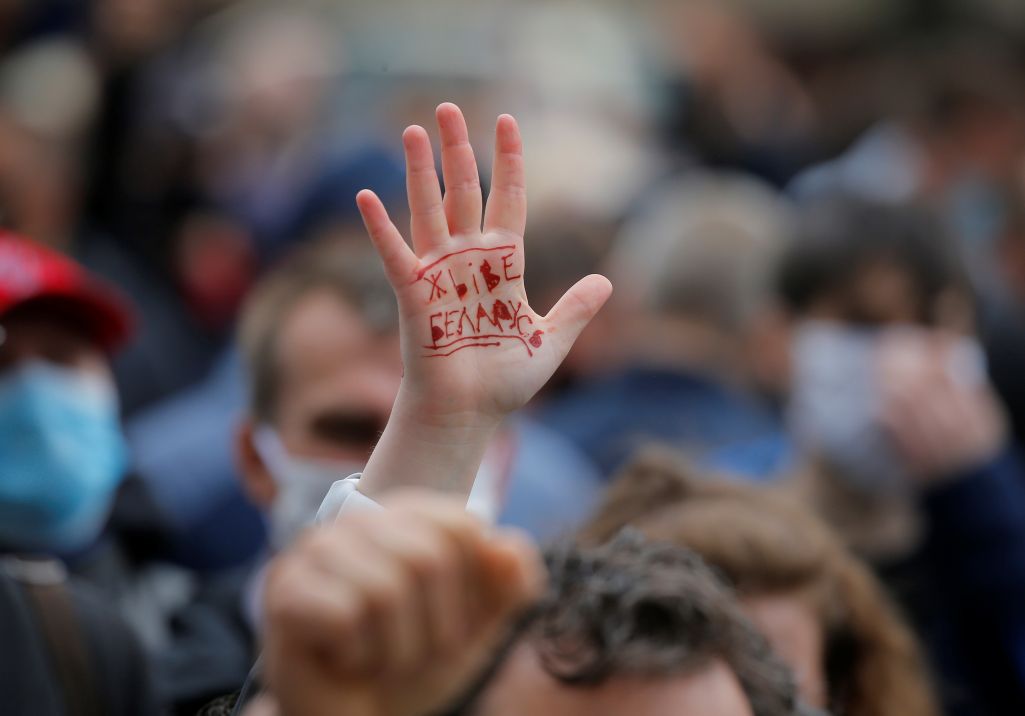Belarusians See Less and Less in Common with russia
10/14/2025

Residents of belarusian cities are increasingly distinguishing their own identity from that of russians. According to a study by iSANS, only 26 % consider the common language to be a unifying factor for the two nations, compared to 37 % in 2014. The proportion of those who cite a shared past as the main link has declined from 55 % to 37 %. Overall, out of nine possible “points of unity” with the rf, a decline has been recorded in eight. At the same time, the proportion of those who believe that belarusians and russians have nothing in common has tripled (6 %).
Attitudes to russia’s aggression in Ukraine also show a divide: in September 2025, 34 % of belarusians surveyed opposed the war, while 27 % supported it. Another 69 % said that peace talks were necessary.
For the first time, belarusians more often consider russia to be a threat than the USA. While in April 2024 only 13 % saw russia as a threat, in September 2025 this figure rose to 18 %. For the USA, this figure decreased from 24 % to 14 %.
84 % of respondents consider themselves patriots. For most, patriotism means love for belarusian culture and history (57 %), honest work and compliance with the law (51 %), and concern for the future of the country (50 %). Loyalty to the authorities came in almost last place, at only 28 %.
Despite the low usage of the belarusian language, its symbolic role is growing: over 11 years, the proportion of those who consider it a unifying factor has risen from 17 % to 23 %.
In foreign policy, 40 % are for neutrality, 36 % – for orientation towards russia, and 15 % – for orientation towards Europe. At the same time, the long-term dynamics indicates a weakening of pro-russian sentiments: the proportion of supporters of integration with russia has fallen from 74 % in 2014 to 55 % in 2025.
